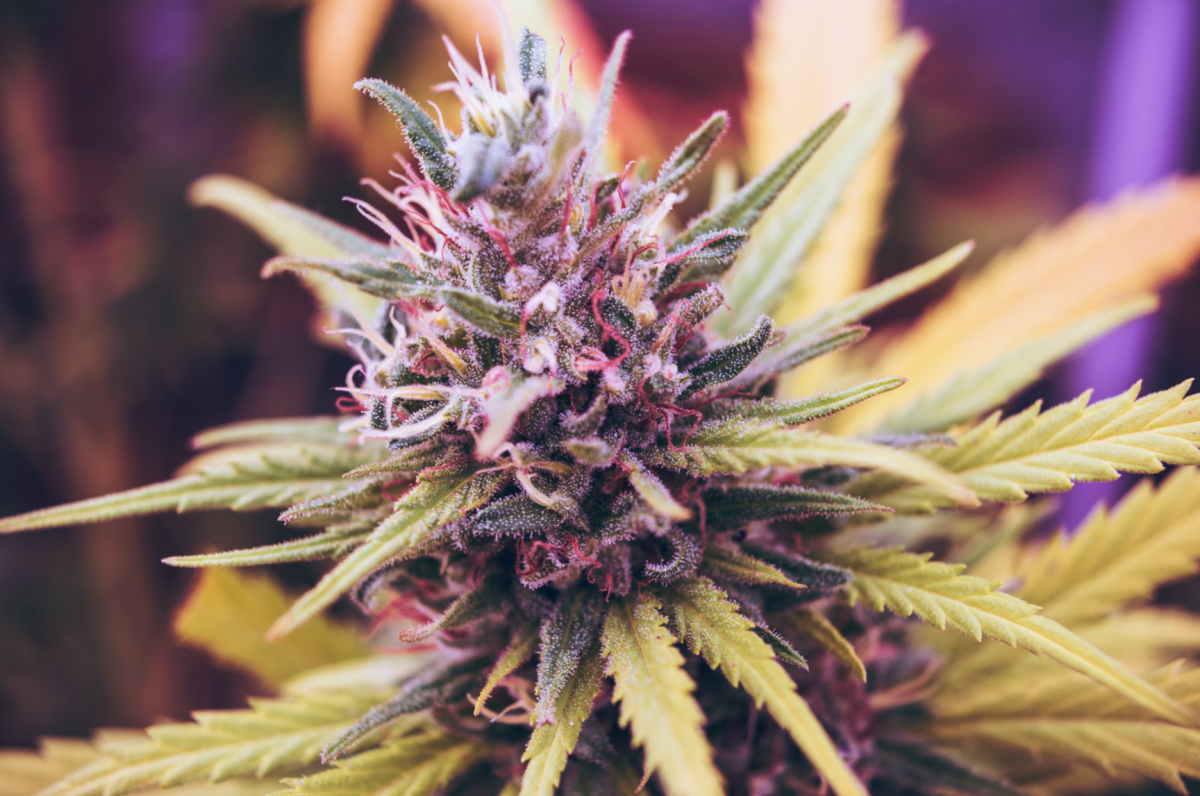Hemp flower is still set to disappear from store shelves on December 26th after state lawmakers left a new rule in place this week, one that cannabis industry leaders say could decimate their businesses.
Cannabis farmers and retailers already adhere to a state law that limits products to a maximum of .3 percent THC. The new rule, set not by lawmakers but the Tennessee Department of Agriculture (TDOA), includes new testing for THCA levels, which can rise in products on store shelves or after purchase by being heated.
The new rule would stop the sale of smokeable hemp flower, those recognizable green nuggets that can be crushed, rolled in a joint, or lit in the bowl of a bong. Pushback on the sale of hemp flowers comes largely from GOP members of the Tennessee General Assembly. Their objection being, basically, that smoking dry flower can get users high from legal products.
On his way to Wednesday’s joint House and Senate hearing on the TDOA’s new cannabis rules, Soddy Daisy cannabis farmer and Farm to Med retail owner Chris Sumrell, said he passed two groups of people smoking cannabis. Public consumption is a problem, he said, even noting that if “someone that looked like me [with long hair and a beard]” was smoking cannabis next to his family in a park, he’d move away from them. But lawmakers should not take the product away form retailers.
“What do people do with the flower? They smoke it,” Sumrell testified. “We can’t stop them from doing that. If we take this off the counter, and don’t regulate it, and tax it, they’re gonna go to the black market or take their business across state lines.”
Sumrell’s testimony on his cannabis use was one of the clearest public delineations between smokeable products and edibles given to state lawmakers in years of debate. The new rules would test products at or after the moment of decarboxylation. This process, usually done with heat, converts THCA into THC, releases psychoactive compounds, and gets users high.
Here’s how Sumrell described the nitty-gritty:
”Anybody that uses cannabis will tell you that eating cannabis and smoking cannabis are two completely different things. I don’t eat it at all. I don’t like it because that’s the Delta 9. That’s the psychoactive narcotic. The walls can melt if you take on too much of that stuff, okay?
“But smoking it, it’s a different property altogether. That’s combustion, not decarboxylation.
“So, that’s where the wall is very confusing because say we’re talking about decarboxylation to somebody that’s a scientist. They’re gonna say, ‘well, they’re talking about cooking with it.’ No, they’re talking about using this to take the [hemp flower] off of the table. Well, that’s combusting it. That’s a different chemical process. This is science.
“THCA flower does not turn into a psychoactive narcotic until you cook with it through decarboxylation. Decarboxylation’s prime temperature is 200 to 250 degrees, but starts at 98 degrees. So, just leaving that flower in the window can turn it to Delta 9. But if I’m striking a lighter to it, that’s combusting it into a [non-psychoactive] CBN and not a Delta 9.”
House Speaker Rep. William Lamberth (R-Portland) sponsored the overarching cannabis regulation bill two years ago. He worked closely with farmers, retailers, and government officials in drafting the bill. The bill put cannabis products behind many store shelves, and issued labeling requirements and THC limits. It also gave control of the state’s cannabis program to the TDOA, which added the rule that would ban THCA flower.
On Wednesday, Lamberth pushed to keep the department’s rule in place for now so businesses could still operate. But he said he anticipated legislation on the matter in next year’s legislative session, which, perhaps, left the door open to smokeable products in the future.
Jeff Sullivan, a former Memphian, and now vice president of sales with Chattanooga-based Snapdragon Hemp, pushed the debate from science, intoxication, and governance to straight economics.
“Chris [Sumrell] will lose his farm,” Sullivan said. “Chris will lose his retail industry along with many, many other companies in Tennessee if their particular rules stay in place. It eliminates that much of their total business, their bottom line.”
